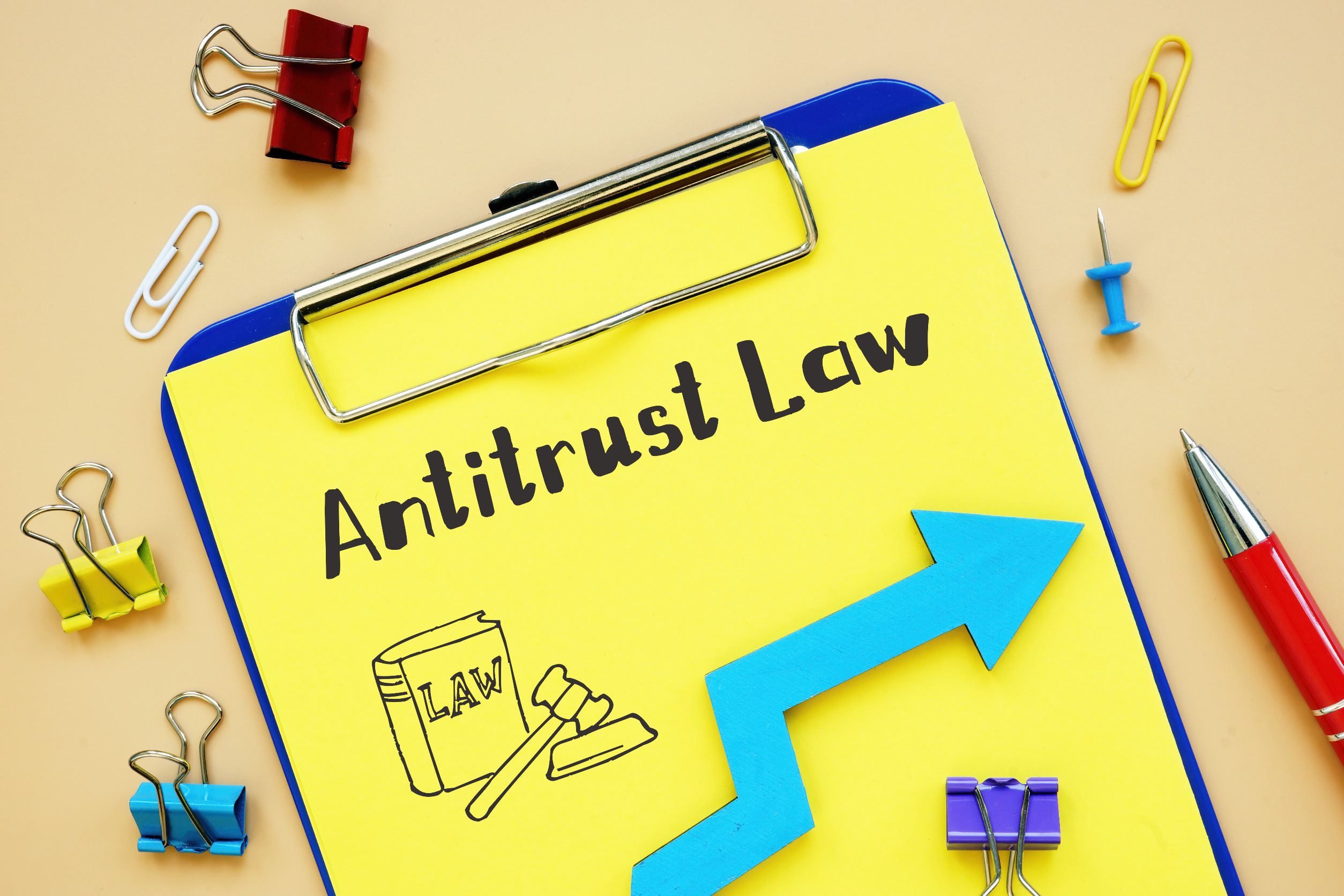By: Editorial Staff, Date: May 29th, 2023
Have you ever wondered how the government keeps businesses in check to ensure fair competition? That’s where antitrust laws, also known as competition laws, come into play.

What exactly are class certifications?
Think of class certifications as a way for a group of people who have been harmed by unfair practices, like price fixing or monopolies, to team up and take legal action together.
What are they for?
Class certifications aim to streamline the litigation process, promote efficiency, and ensure fair treatment of individuals who have been affected by antitrust violations. It’s all about giving individuals a stronger voice and holding those responsible accountable.
Key requirements for obtaining class certification:
- Numerosity: There must be a sufficiently large number of individuals within the class to justify proceeding as a class action.
- Commonality: The claims of the class members must raise common questions of law or fact.
- Typicality: The claims or defenses of the representative plaintiff must be typical of those of the class members.
- Adequacy of representation: The representative plaintiff and their attorneys must be capable of fairly and adequately representing the interests of the class.
Class actions vs. Class Certifications
Class actions and class certifications represent distinct approaches for groups of individuals seeking justice, making it essential to discern their differences in legal proceedings.
What’s the difference?
Class actions are lawsuits brought on behalf of a class of individuals who have suffered similar harm. On the other hand, class certifications are a crucial step in the process of initiating a class action lawsuit.
Moreover, class certifications determine whether a lawsuit can proceed as a class action, enabling the representative plaintiff to represent the interests of the class and seek remedies on their behalf.
By recognizing the key requirements and distinguishing class actions from class certifications, individuals can navigate the legal landscape more effectively and play an active role in promoting fair competition.
To gain insights on the latest antitrust class certifications, check out our complimentary CLE webinar: The Impact of Recent Class Certification Decisions in Antitrust Litigation
Upcoming Webcasts
R&D Tax Credits: Unlocking Potential for Innovation and Success
The Research and Development (R&D) Tax Credit is a powerful incentive designed to encourage innovation and drive success for businesses across various industries. By offering significant tax savings, these credits help companies invest in research and development activities, fostering technological advancements and improving competitiveness. Understanding how to maximize these benefits is crucial for businesses aiming to enhance their R&D initiatives and achieve sustainable growth. In this webcast, a panel of thought leaders organized by The Knowledge Group will provide an in-depth discussion of R&D Tax Credits. Speakers will analyze the latest trends, regulatory updates, and strategies for optimizing credit claims. They will also examine the common challenges businesses face in documenting and defending their R&D activities. Additionally, the panel will explore how different industries can leverage these credits to fuel innovation and drive economic success.


